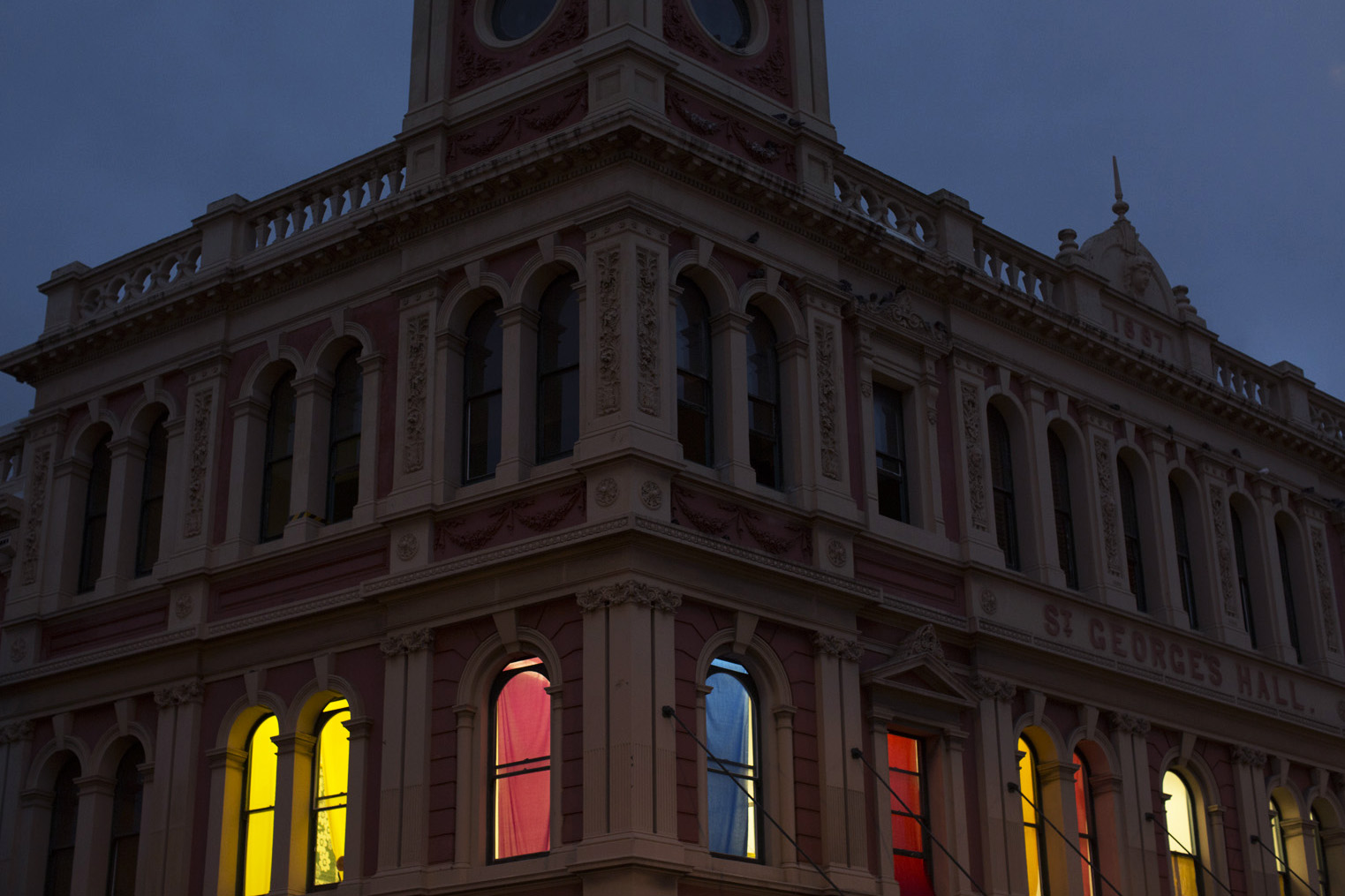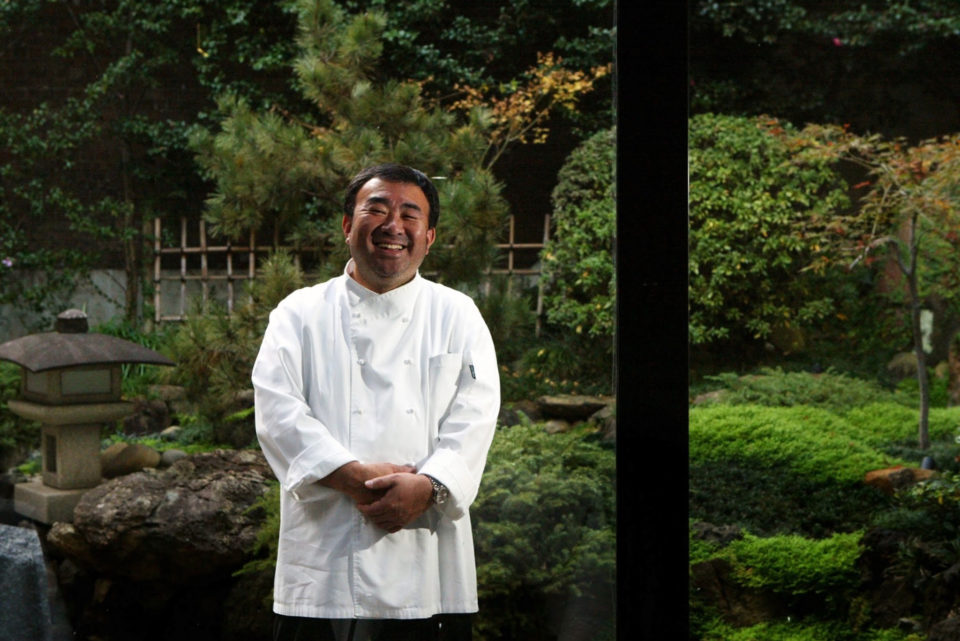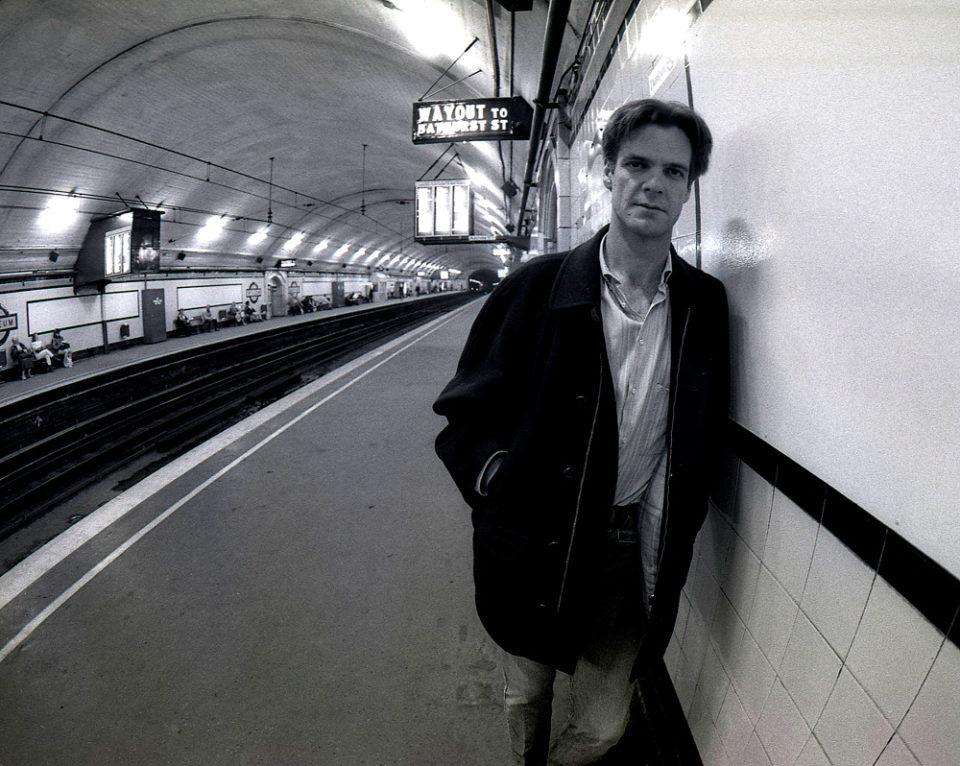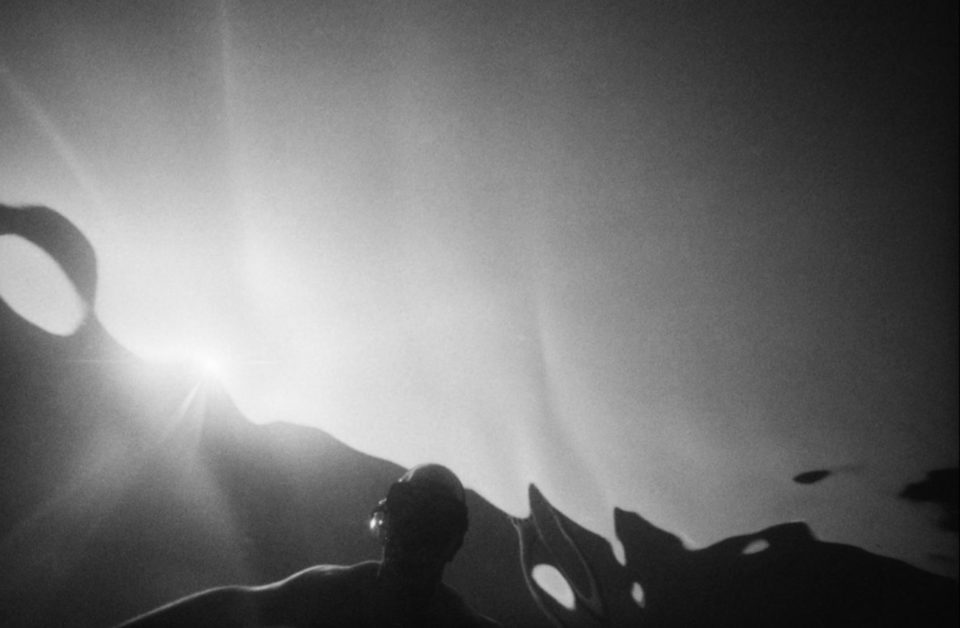I can remember the first time I took steps up Oxford Street. I was with a couple of school friends. We crawled into the first bar we could find: the first “gay bar” I ever came to learn the name of. It was also the first time I’d purchased a drink at a licensed venue, finally of age. I was sitting with my party, sheepishly sipping my vodka orange, barely taking notice of the conversation taking place: I was far more interested in my surroundings.
We were sitting on barstools, around a varnished wood-top table with steel legs. In front of my person, directly above the eastern side entrance, hung a Tarzan sculpture: his hair long, brown and curly; his chiseled, inhuman chest exposed; his loins barely covered by a piece of fabric – leopard print, naturally. Then, I thought he had a determined look on his face – as if he were watching over the jungle of the busy Darlinghurst street.
I was optimistic about this place, that it would somehow help me grow comfortable with not only my sexuality, but myself.
My first, delicate layer of meaning for this new world.
I started working in hospitality in 2008. I used to be a lot more shy, somewhat timid. I never really enjoyed going out and being surrounded by a herd of others, aside from drinking myself stupid. I’d hoped that working in the industry would somehow ‘normalise’ me – make me more like the people I’d serve.
Working on Oxford Street did anything but normalise me.
I can recall my first shift at one of the venues.
I was nineteen years old. I was to act as a door watcher at the fire exit which divided the ground-floor bar and the gaming area. Standing in an over-sized bar T-shirt and a blue pair of skinny jeans, I greeted patrons who tried to enter the bar, checked to see if they had a stamp on their wrist; if their wrist was bare, I would direct them to the main, front entrance – “There’s a five dollar entry fee tonight,” I’d say.
Nothing remarkable about that night is triggered in my memory. I faintly recall the feeling of nerves, restless butterflies. All I could do was observe and listen, taking mental notes of men: what they were saying to one another, what they were wearing, how they carried themselves.
A young man of about eighteen dressed in a school boy uniform, complete with thick-framed glasses and pink bunny rabbit ears, stopped in front of me, looked me up and down, smiled.
“You’re pretty,” he told me.
What followed was about four years of my complete and utter obsession with my appearance, my diet, and my fitness regime.
This was me, ‘normalised’.
Day shift at the bar, mid-2009. By this point, I had excelled as a barman, and my reputation was beginning to precede me – not always for the right reasons.
I’d met Barbara during that time and had come to know her as a makeshift gay mother. ‘Mum’ had been around Oxford Street awhile; for her, it had always been somewhere to go, a place where you always knew people and felt connected.
One afternoon she told me about early days on the scene while I continued to pour drinks and stack the fridge. A favourite spot of hers was Ruby Reds. “That was a lesbian bar just a bit outside of Oxford Street.” Mum explained. “You went to Ruby Reds and then you came here for lesbian nights.”
Mum reached for one of her peroxide-blonde sideburns, her fingers grasping in thought. “I met some older boys who sort of nurtured me and took me out with them, whom I’d go into boys bars with – and girls weren’t allowed, but security mistook me for a little boy.”
Her light blue eyes looked past me into a place of fondness. And she smiled. “They used to put me in a cab at the end of the night and send me home,” she continued. “It was good fun.”
My earlier days hadn’t offered me the same solace – or a sense of who I was. Aside from the people I’d met throughout the course of my work, I hadn’t really met anyone whom I’d felt had a profound impact on me, nor offered me any form of nurturing.
“Would you say there’s a community here?” I asked Mum.
“Of course there is. It’s the people: between the performers, the DJs, the young people just coming out – there’s a real sense that everybody is still around and looking out for each other. Oxford Street helps that, to a degree.”
Maybe. It still seemed like a work in progress to me.
But Oxford Street had in no way shaken Mum’s more positive perspective: nine years had provided her with a lot of knowledge, enforced her idea that the street was needed for the culture. “Sometimes when you’re younger it’s easier to be somewhere where everybody’s like you, instead of being the odd one out.”
“Exactly,” I said, with a laugh. That much I did understand. But aside from being of the same sexual orientation as these people, I didn’t feel much like them, nor did I feel any less odd.
As Mum and I continued to speak one of the regular Drag Queens approached the bar. I smiled. I knew her as John, but in costume she was Marilyn.
“I like your outfit, darl’,” I said, smirking.
“Thanks, babe,” she responded, giving a small, pouty smile.
“What’s the look… what’re you going for? Is it a…”
I stumbled as I spoke.
She was wearing a bright orange and pink frilly dress, her curly blonde bob crowned with a tiara-like hat to match her diamante necklace. “A maid?,” I said. “A fluoro maid?”
“Maid?” she barked back in disgust.
“The headdress,” I said, pointing to her white cap.
“Waitress, thank you very much! That’s ridiculous, I’m not cleaning ya bed.” She turned away from the bar, looked back at me through slanted eyes. “I’ll sleep in it, though.”
Mum and I roared with laughter as she pranced off, calling back, “Remember that often!”
I can recall a night where I was feeling particularly low about myself, about how I looked.
The crowd was particularly heinous.
“Cute, huh?” a man at the bar said to the woman to his left, indicating that he was referring to me.
“Nah, babe,” she said, texting on her phone while she awaited me to complete her order, “not my type.”
I looked up at them both momentarily. Granted the beats were blaring out of the speakers, bursting our eardrums — they probably thought I couldn’t hear a single word they exchanged. However, I considered their audacity, how they had the nerve to talk about someone standing directly in front of them, analysing me as though I were some piece of meat.
Another customer approached the bar. He gave me an awkward, slow wink, his puckered eyeball reminiscent of a sea anemone that had been poked with a stick.
“That’s seven dollars thirty,” I said, not fazed.
He handed me eight dollars twenty.
“You do the math,” he said, walking away into a crowd of dancing men.
It was times like these when I’d question my working here, my incessant desire to be a part of a community which I’d suddenly feel in no way represented who I was as a homosexual man.
I took a break from serving, hanging over the sink and washing glasses; I couldn’t take any more customers for now. As I was arranging glasses onto a dishwashing tray, I looked to my right at the entrance of the bar.
Standing there was Liam Lightning.
Liam had been bar-top dancing for years, and he had taken to playing cocktail bar host on Saturday nights. This entailed looking attractive, dancing, talking to patrons, and buying them drinks on the venue’s account.
Next to Liam, I was tiny. His facial features reminded me of marble sculptures of Greek Gods. He always looked like he was having a good time, like it was effortless. Maybe there was something I could learn from him.
A little desperate and on a whim, I flagged his attention and beckoned him behind the bar.
“Hi Ant,” he said, smiling at me, resting his hand on my shoulder.
“Liam, would you meet with me sometime? Outside of work?”
He looked puzzled. ‘Wait… Ant… You- you know I’m straight, right?”
I rolled my eyes. “It’s not like that.”
He gave me one of his infectious, celebrity model smiles, pushing me playfully.
We caught up a week later at a small café in Broadway shopping centre, away from prying eyes. I needed to know if it was worth it – all the discipline, all the dieting, all the exercise, just to get a body like his. Surely it’s a fruitless battle, it’s all genetics? Maybe, too, I was romanticising the life of the go-go dancer, much like I’d romanticised working on Oxford Street when coming to terms with my sexuality?
Liam was not dressed in a similar fashion to the times we’d been in company—essentially working—together: he had a flat-brimmed basketball cap on, an oversized grey hoodie, and track pants. He ordered a super foods salad and tap water. Clearly he’d slotted me in after a workout.
“Is it worth it?” I asked him, as he took in a huge helping of the salad. I motioned towards his dish. “Super foods salads, tap waters, working out—just to have a body like yours?”
Liam smiled, and he began to tell me about his healthy and active childhood between each bite. He’d been successful in gymnastics and rugby, but never really had the determination or vision to take it past state level. “I just did it because I was good at it,” he concluded.
“So bar-top dancing, entertaining – it wasn’t always on the cards?”
He considered the question. “I never grew up knowing I wanted to do something in particular. I always knew I wanted to do something active, something physical.”
“I guess you could say you’ve achieved that, then?”
“I guess you could.” He smirked, conscious that I was humouring him. There was more to Liam than Sydney’s gay nightlife. At the time of our meeting, he was part-way through completing his studies in exercise science.
“You have to love what you do,” Liam said simply.
“But what if you’ve had a bad day? How can you go to work after some bad shit’s happened, and still turn it on?”
He placed his elbows on the table between us, resting his chin on a curled fist like the proverbial Thinker. “I just have to. It’s my job. Fake anything long enough, it becomes real eventually.”
I felt ashamed of myself. Here I was, inviting Liam out for coffee, trying to squeeze out of him the dark underside of his childhood and working life. What flowed, however, was a determined young man who – through hard work, a positive mindset, and relentless execution – went about pursuing his personal goals and dreams. Liam didn’t just act like a nice guy – he was a nice guy.
He smiled. “You gotta win, you know what I mean? It’s all about tomorrow – you’ve got to make it happen.”
An afternoon on Oxford Street at a cafe. I couldn’t help but direct my eyes at the people who passed by – the men.
Troy Murphy would follow my gaze.
“Mmm,” he’d say, turning back to me and smiling. “Back here, my eyes are here.”
We’d continue our conversation as if we’d never been interrupted.
Troy was from my early days on the scene. The night we met, he was hosting a charity fundraiser with the real star: his puppet, Queen Miss Left Titter. The event was a simulation of a terrible dating TV show from the ‘80s, The Perfect Match.
My friends eagerly pushed me forward to be one of the three contestants for Bachelor Number Three. After feigning objection, I sat between two other young gay men, answered questions from a stranger behind a partition about what could be found in my underwear drawer, my idea of a perfect date, and to describe how I eat a banana. Lucky me, I was the selection of Bachelor Number Three! Weeks later, an awkward date followed. And not much else worth mentioning.
The best thing to happen really was meeting Troy. Aside from puppeteering – an unusual way to make a name for yourself on the scene, I know – Troy worked as a writer (and later an editor) for the Star Observer, a monthly newspaper for Australia’s Lesbian, Gay, Bisexual, Trans and Intersex communities. He was also a bit of a radio personality on the local Sutherland station, 2SSR-FM.
I’d always admired Troy for being so friendly and approachable despite his success, for not letting his star status in the community get to his head.
“Oxford Street is…” he paused. I prepared myself for another gift-wrapped PR statement. “… a safe place where people come, where you know you won’t be judged for being gay.”
Troy had been in the closet for a long time as he’d grown up in the Sutherland Shire. He recalled feeling a massive weight lifted off his shoulders the first time he came here, a sense of freedom. I recalled my own thoughts and feelings again when I first came here, how optimistic I’d felt.
“It just kind of became home,” Troy said.
I withheld my skepticism. “When did you first set foot on Oxford Street?”
“When I was straight.”
“When you were straight?”
He chuckled. “That would’ve been when I was twenty-one. I went to the Midnight Shift. I remember getting blind drunk, making out with two different girls, three different guys, and then going home with a girl, and realising – nope, I’m gay!”
“I just remember making a group of like-minded gay friends, never having to worry about being gay. It was a lot harder coming out then than it is now. Even on the Street – you’d get people looking at you funny, cars would drive past, people hanging out the windows, screaming abuse. It still happens now, but more so back then.”
The sound of traffic whirred past, a bell sounding from inside the café to signify an order was up.
“There’s a community here,” Troy said, breaking our silence. “Some of it’s focussed around this street, as in it serves as a sort of centralising point. Above all, there is this massive, single community, but we only ever seem to come together and celebrate that once a year, and that’s during Mardi Gras. That’s the only time we all recognise each other – as one.
“We’re so focussed on our own little cliques, and we all want to be in our own little cliques – the LGBTI… Q… A… alphabet soup! We’re bickering on this lower level, we’re not joined together to make ourselves stronger to fight what we are actually all fighting for. The LGBTI community couldn’t work our way out of a wet paper bag until we learn to work together.”
Troy listed all the different gay nights that were occurring as we spoke, each appealing to a different sub-category of homosexual, each signifying the disjointedness of the community.
“Everyone’s at each other’s throats. We’ll never get what we want.”
“You’re speaking my language,” I said, grinning.
Troy laughed. “Oxford Street is the most commercial representation of the LGBTI community; it’s our beacon. I don’t think Oxford Street represents me anymore – I’m a suburban gay. But the community aspect does represent me. There’s history here, it’s more than just a party scene.
“But young people of today don’t care about our history, where we’ve been. The gay media is possibly to blame for this – we don’t educate them. But the fact remains that there is no desire to be educated. It’s a shame.”
Working for the Star Observer had given Troy a platform to witness all the shortcomings and failures of the community.
“You see a lot of people come and go, and it’s because of that reason. You come in with the right intentions, because you want to do the right thing. But there are just so many people chipping away at it, making it a horrible place to be sometimes. The attitude stinks.
“Hopefully the right people will pick up the baton and continue with it. I still have the passion, I still want to do good things, I still want to teach young people about where we came from.”
Troy looked out over the mayhem, the groups of people yelling and laughing and staggering along, the streams of traffic flowing through the nearby intersection.
Oxford Street had always been a place of transit to me. Countless times I’d walked from the corner of Hyde Park to one of the handful of venues, my feet clapping against the tar streets and paved sidewalks. I’d come to know the street like the backs of my hands, the back of a bar.
I’d walked here as a boy, a man, a friend, a lover, a partner, a worker. I’d had high hopes for this place, and it had never failed to surprise as much as it had disappointed me. I’d come here wanting to make a difference to myself, and now, for whatever reason, making a difference to something larger than myself, something here.
I was not a dancer, I was not a socialite, and I did not want to be a bartender, here, anymore. So I resigned from the venue where I was working, on the 16th of October, 2014.
I approached the licensee feeling somewhat sheepish: this was the third time in five years I’d done this to him. My mother had taught me to never burn bridges, and this lesson had afforded me a safety net and another home, hearing the whisperings of community despite my reservations, feeling like I had a place to go, a place with a second mum, friends, even people I admired.
“I’m glad you’re here,” I said to the licensee as I entered his office.
“I’ve got something to give you.”
He looked up at me and smiled. “Ant. Good to see you. What’ve you got?” He stayed seated at his desk, but reached out to shake my hand.
I shook it, then offered him my resignation letter.
“Aw, really? Again?!” He began opening it straight away.
“I’m sorry!” I almost cried. “It’s just that I need some time to travel, do some soul searching, you know? I’ve been working on my writing for a while now too,” I told him. “Last year of uni next year, and who knows? Maybe I could make something out of it?”
He chuckled to himself, leant on his desk and looked up at me.
“And if it doesn’t turn out well, if I mess it up,” I said, “well, I’ve always got here, right?”





